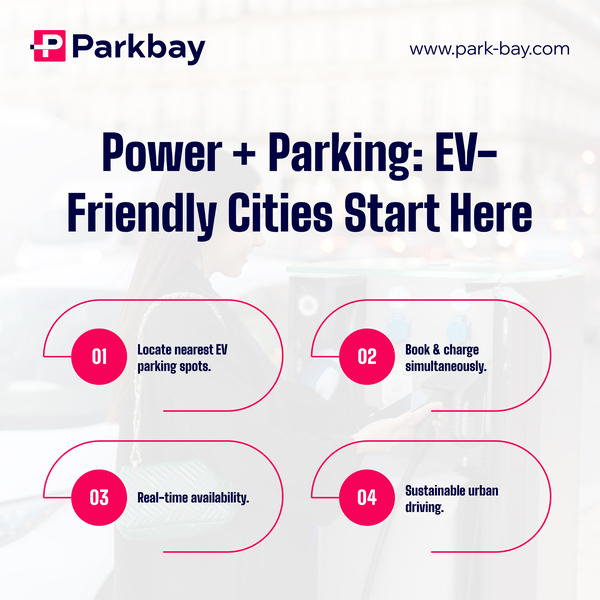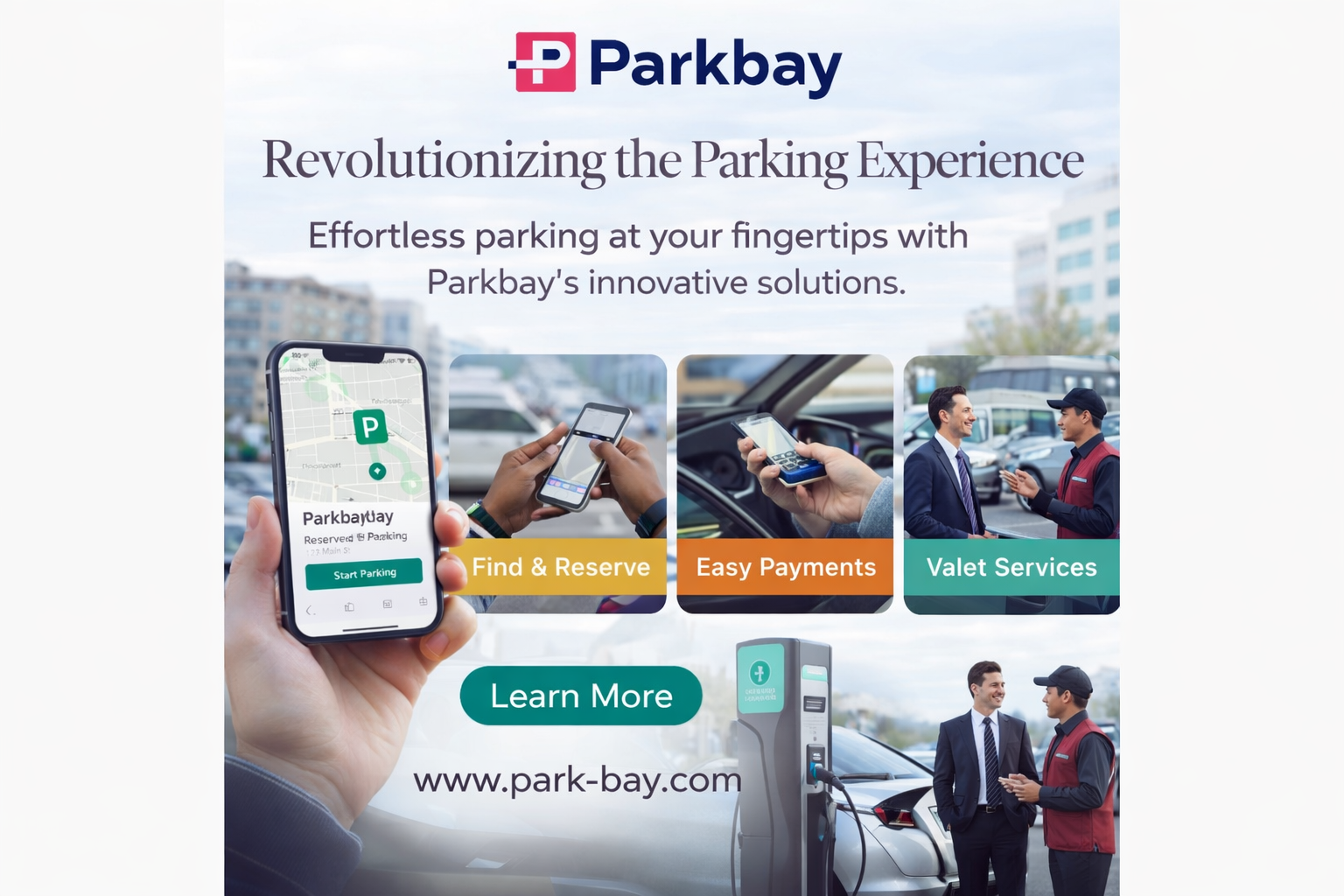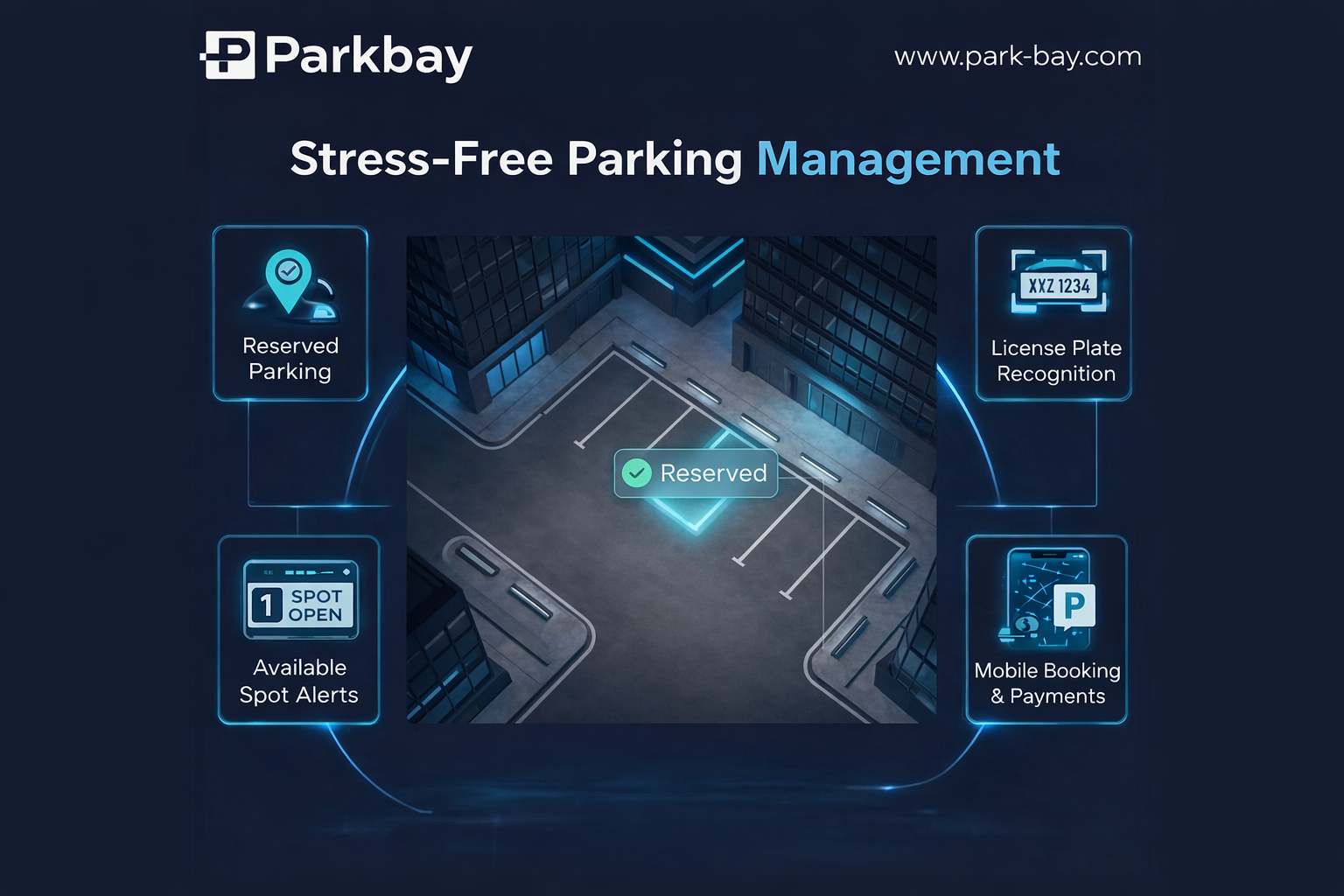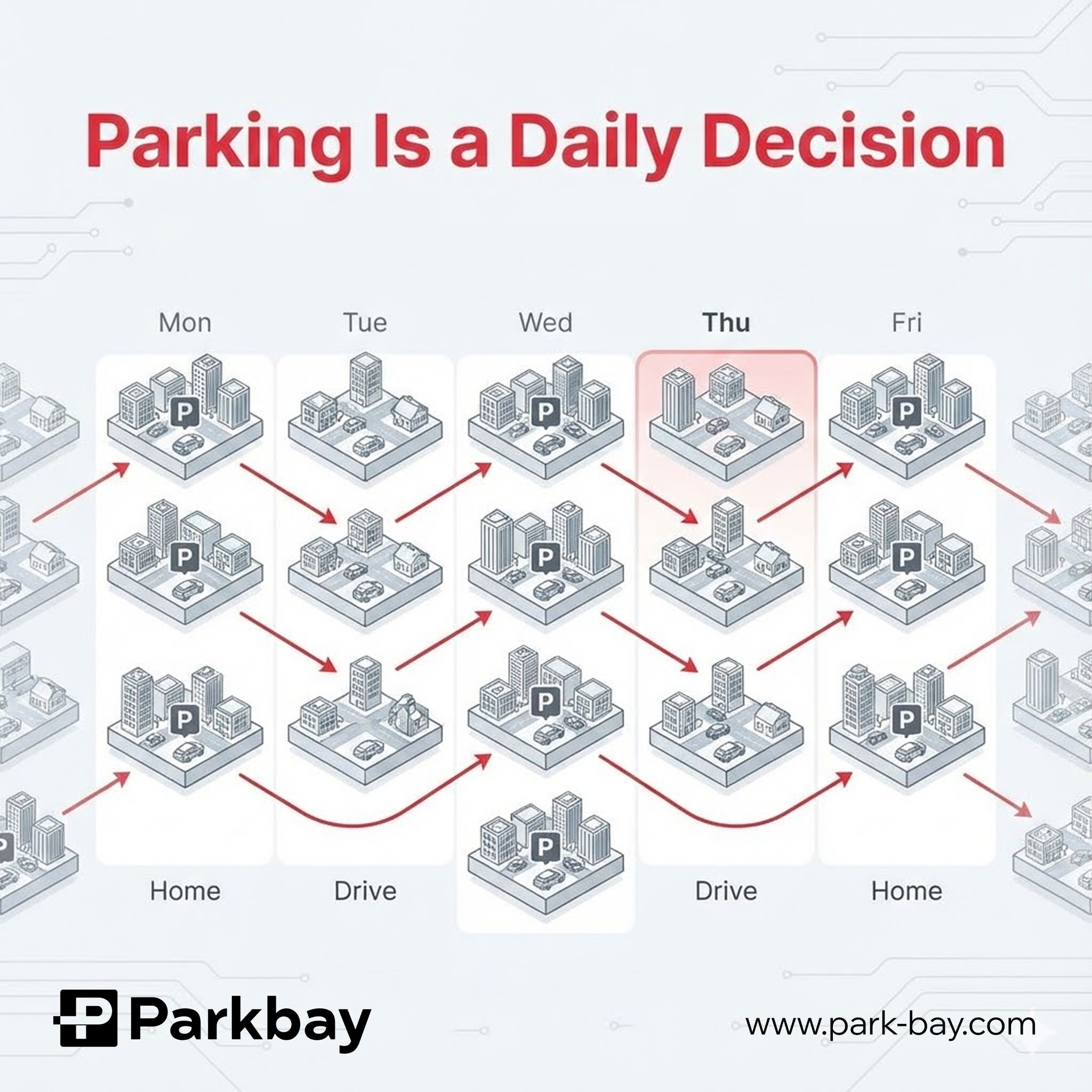The global shift toward electric vehicles (EVs) is no longer a distant vision; it is happening now. Governments are setting ambitious targets to phase out internal combustion engines, automakers are investing billions in EV technology, and consumers are increasingly choosing cleaner, greener cars. Yet, one challenge stands in the way of mass EV adoption: infrastructure. While EVs are becoming more affordable and efficient, many cities still struggle to provide drivers with the convenience of reliable charging and parking.
This is where ParkBay steps in. By integrating smart parking solutions with EV charging infrastructure, ParkBay ensures that cities, businesses, and individuals are prepared for the electric future. It bridges the gap between mobility and sustainability by delivering real-time, data-driven access to EV-compatible parking spaces—making driving electric not just possible, but practical.
In this article, we’ll explore the critical role ParkBay plays in supporting the EV ecosystem, the challenges it addresses, and why its solutions are essential for smarter, greener urban living.
The Growing Importance of the EV Ecosystem
The EV ecosystem isn’t just about vehicles. It includes a network of charging stations, urban mobility planning, energy grid support, and digital tools that connect drivers to services. For EV adoption to scale effectively, this ecosystem must be seamless. Drivers should never have to wonder whether they’ll find an available charging spot or waste time searching for a compatible parking space.
Globally, the number of EVs on the road is expected to exceed 200 million by 2030, according to the International Energy Agency (IEA). To support this surge, cities must expand charging infrastructure at an unprecedented rate. However, simply adding charging stations is not enough. These stations need to be integrated into parking systems that are accessible, efficient, and intelligent—precisely the gap ParkBay is designed to fill.
The Pain Points for EV Owners Today
Despite growing adoption, EV drivers face several challenges:
-
Uncertain Availability
Many EV owners arrive at a charging station only to find it already occupied. Without real-time availability, this creates frustration and wasted time. -
Lack of Integration Between Parking and Charging
In many cities, EV drivers must first locate a parking spot and then separately find a charging point. The process is fragmented, leading to inefficiency. -
Range Anxiety
The fear of running out of charge before reaching a station continues to be a barrier for new EV buyers. Seamless parking-and-charging integration can help reduce this anxiety. -
Urban Congestion and Sustainability Pressures
Cities are under pressure to cut emissions and improve traffic flow. Without intelligent EV parking solutions, the growth in vehicles—electric or otherwise—can still strain infrastructure.
ParkBay addresses each of these issues by turning parking into a smart, connected, EV-ready service.
ParkBay’s Role in the EV Ecosystem
1. Real-Time EV Parking + Charging Availability
ParkBay’s platform provides real-time data on EV-compatible parking spots. Drivers can see which spaces are available, book them in advance, and head to their destination with confidence. This reduces wasted trips, congestion, and the stress of uncertainty.
2. Integrated Booking and Charging
Instead of treating parking and charging as separate services, ParkBay combines them into one seamless experience. With the app, users can reserve a spot and charge simultaneously—making the process efficient and predictable.
3. Supporting Sustainable Urban Driving
By ensuring EV drivers spend less time circling for parking, ParkBay actively reduces emissions from idling and searching. It directly contributes to sustainability goals while making EV ownership more convenient.
4. Data-Driven Urban Planning
Cities using ParkBay gain access to valuable mobility and energy usage insights. This data helps governments plan charging infrastructure more strategically—placing stations where demand is highest and avoiding underutilization.
5. A Scalable Solution for Businesses and Properties
ParkBay also enables property owners, shopping malls, workplaces, and residential complexes to offer EV-ready parking solutions. This not only meets rising tenant and customer demands but also future-proofs properties in a rapidly electrifying world.
Benefits for Key Stakeholders
For EV Drivers
-
Convenience of finding, booking, and charging in one platform
-
Reduced range anxiety through real-time availability
-
Seamless urban driving experience
For Cities
-
Reduced traffic congestion and emissions
-
Optimized placement of charging infrastructure
-
Enhanced image as a forward-thinking, sustainable city
For Businesses & Property Owners
-
Attract eco-conscious customers and tenants
-
Boost property value with smart EV amenities
-
Generate additional revenue streams through parking + charging services
ParkBay and the Future of EV Integration
The EV revolution will not succeed without smart infrastructure. ParkBay isn’t just solving parking—it’s future-proofing mobility systems by:
-
Integrating with renewable energy sources to support green charging.
-
Enabling interoperability across multiple EV charging networks.
-
Preparing cities for autonomous EVs, which will rely heavily on smart, automated parking.
As more EVs hit the road, the demand for intelligent parking-and-charging solutions will only grow. By addressing this challenge now, ParkBay ensures that the transition to electric mobility is smooth, scalable, and sustainable.
Why Smart Parking is the Missing Link in the EV Ecosystem
While the spotlight often falls on charging stations, the real bottleneck is parking. Charging is only possible when vehicles are parked, and without intelligent management of these spaces, even the most advanced EV infrastructure will fall short.
ParkBay provides this missing link. It ensures that EV charging infrastructure is not only available but also accessible, bookable, and optimized for both users and cities. By making parking smarter, ParkBay makes the entire EV ecosystem more reliable.
Conclusion
The future of mobility is electric—but the success of electric mobility depends on more than just the vehicles themselves. Infrastructure, data, and urban design must come together to create a seamless experience for drivers.
ParkBay plays a pivotal role in this transformation. By combining parking intelligence with EV readiness, it empowers cities, businesses, and individuals to embrace sustainable mobility without compromise.
For EV drivers, ParkBay offers peace of mind. For cities, it supports sustainability and efficiency. For businesses, it provides a competitive edge. In short, ParkBay is not just supporting the EV ecosystem—it is accelerating its growth.
As the world races toward an electrified future, one thing is clear: power and parking must go hand in hand. And with ParkBay, they finally do.








Leave a reply